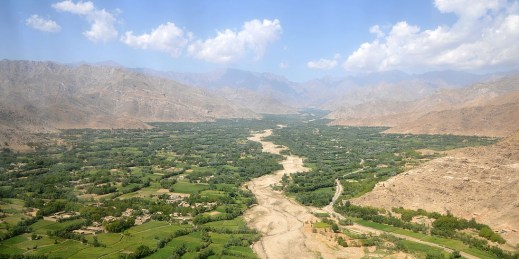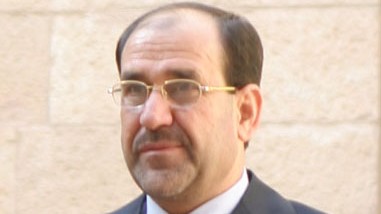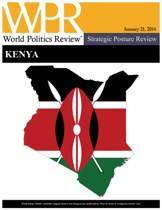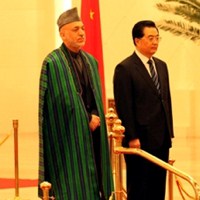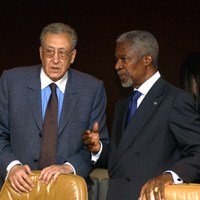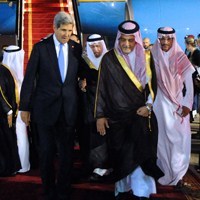
For almost 70 years, the foundation of Saudi Arabia’s foreign policy rested on the kingdom’s relationship with the United States. America guaranteed Saudi security during a famous 1945 meeting between President Franklin Delano Roosevelt and King Abdulaziz ibn Saud aboard the USS Quincy in the Suez Canal. That commitment had stood the test of history. The past three years, however, have brought enormous turbulence to the Middle East, and the Saudis have found Washington’s response increasingly worrisome. Saudi rulers are questioning America’s reliability as an ally and protector. They see the U.S. gradually relinquishing its pre-eminent role and allowing revolutionary […]

